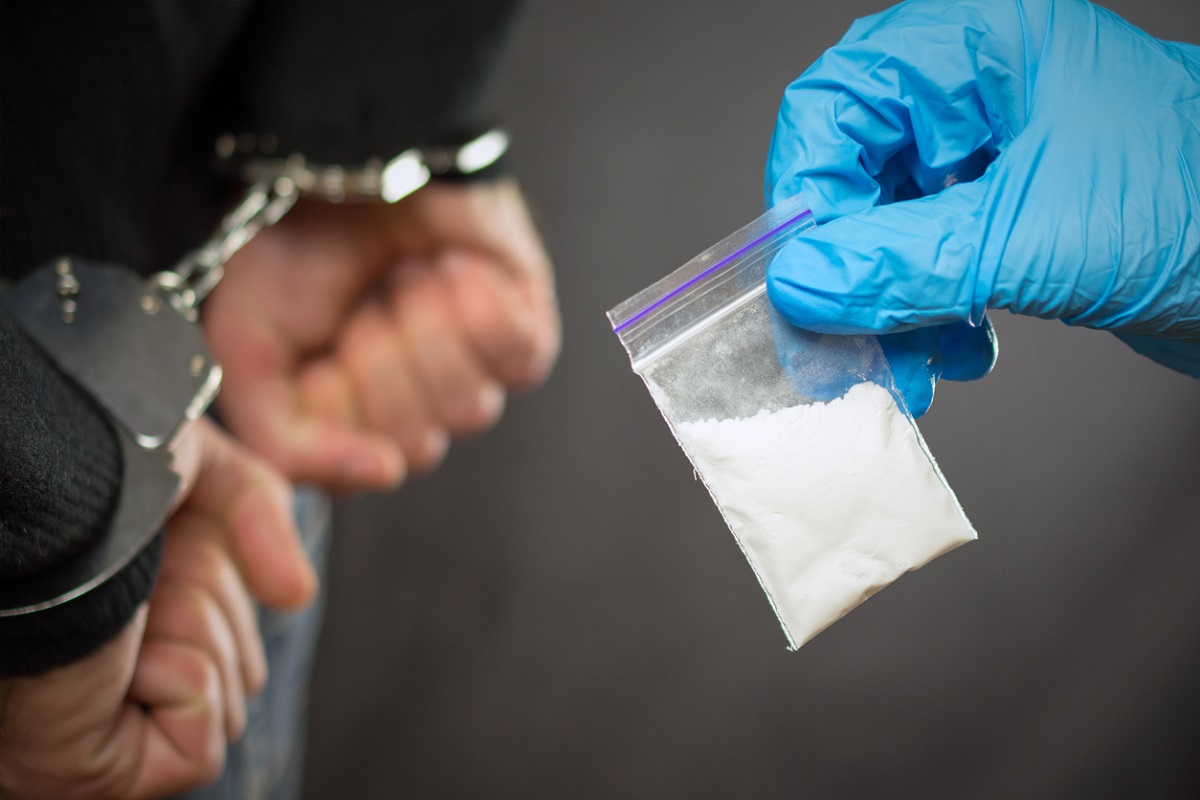Major new polling from the APPG for drug policy reform demonstrates the extent to which the public are ahead of politicians on embracing changes to our drug laws, and adds to a growing body of evidence dismissing the caricature of the ‘red wall’ as a socially conservative backwards-land.
The research, carried out by Redfield and Wilton on behalf of the cross-party group of MPs, shows clear public support in favour of the introduction of overdose prevention centres, drug testing services, naloxone provision and the legalisation of cannabis. The polling also found that a majority of the public think that the government’s drug policies have been unsuccessful in tackling the supply and use of drugs in recent years – unsurprising given that drugs are cheaper, purer and easier to source than ever before.
It also asked voters in ‘red wall’ seats specifically for their thoughts on potential reforms to our drug laws, many of which are prominently advocated for by experts and campaigning groups, such as the Labour Campaign for Drug Policy Reform. In fact, red wall voters were more strongly in favour of measures such as drug testing facilities at festivals, and wider provision of the life-saving anti-overdose drug Naloxone, than the general population.
The results of this research leave Keir Starmer’s Labour out of excuses when it comes to staying silent on the need for drug policy reform. Starmer’s political project is unashamedly concerned with winning back red wall voters lost in 2019, exemplified by his appointment of ‘red wall’ polling guru Deborah Mattinson, who literally wrote the book on the ‘red wall’, as his director of strategy.


Labour’s refusal to champion the urgent reforms needed to tackle the UK drug death epidemic, which has seen deaths rates increase 88% since 2010, must be viewed in this context. It’s not for a lack of proven policy solutions, rather it is the brutal reality of a political calculation based on unchallenged Westminster wisdom that, until now, declared that drug policy reform was electorally toxic – especially in those crucial, mythical ‘red wall’ seats which will be the focus of the next general election.
This attitude is perhaps best evidenced in the forceful backlash against Sadiq Khan’s proposals to establish a ‘London Drugs Commission’ to examine the effectiveness of our laws on cannabis. Shadow cabinet members sniped in WhatsApp groups about how drug policy reform would lose Labour a general election, instead advocating for the naming and shaming of drug users in an attempt to look ‘tough’ on drugs and the people who use them.
This polling – along with similar research released by YouGov this week – clearly dispels this fiction once and for all and makes plain that far from being a turn off, sensible drug policy reforms may actually be a vote winner, especially in the ‘red wall’. This is in line with previous ‘red wall’ polling on other issues such as trans rights and public ownership – all of which suggest that the ‘red wall’ is not any more socially conservative than the rest of the country.
Fifty years of prohibition and criminalisation have completely failed – delivering record levels of drug use, and record numbers of drug deaths. Labour should not be afraid of putting forward the positive case for reform, explaining that measures such as cannabis legalisation, overdose prevention centres and drug testing at events all have international precedent, and would save lives, huge amounts of money, and free up police resources to focus on other, more serious crime.
The last fortnight, with the release of these new polls alongside the shameful drug death statistics for 2021 should serve as a wake up call for a Labour party that has thus far engaged in a race to the ridiculous with the Conservatives when it comes to drug policy reform. When it comes to addressing and assuaging the harm drugs cause to society and to individuals, the two main parties egg each other on in a dogmatic and sadistic virility contest aimed at proving to voters in the ‘red wall’ that they are the toughest party of them all.
As a former director of public prosecutions, Keir Starmer is in a uniquely credible position to argue for these long overdue reforms, measures that are proven to be effective, and that we know are both popular and completely necessary to address the UK’s drug death epidemic.
People who use drugs are, particularly in a problematic way, some of the most vulnerable people in our society – often living at the intersection of multiple disadvantageous circumstances such as poverty, mental health issues, trauma and abuse.
Keir Starmer can no longer simply ignore the thousands dying each year from drugs – more than from all knife crime and road traffic accidents combined – citing fear of electoral backlash. Reforming our counterproductive drug laws, and reframing discussions about people who use drugs as a public health issue, rather than of one criminality, are causes that Labour should be boldly championing – offering a true alternative to twelve years of austerity, stigma and indifference.
The situation is too alarming for indifference to suffice as anything other than complicity. The damage being done is too deep. The burgeoning costs too great. The casualties too numerous. The excuses have run out.

